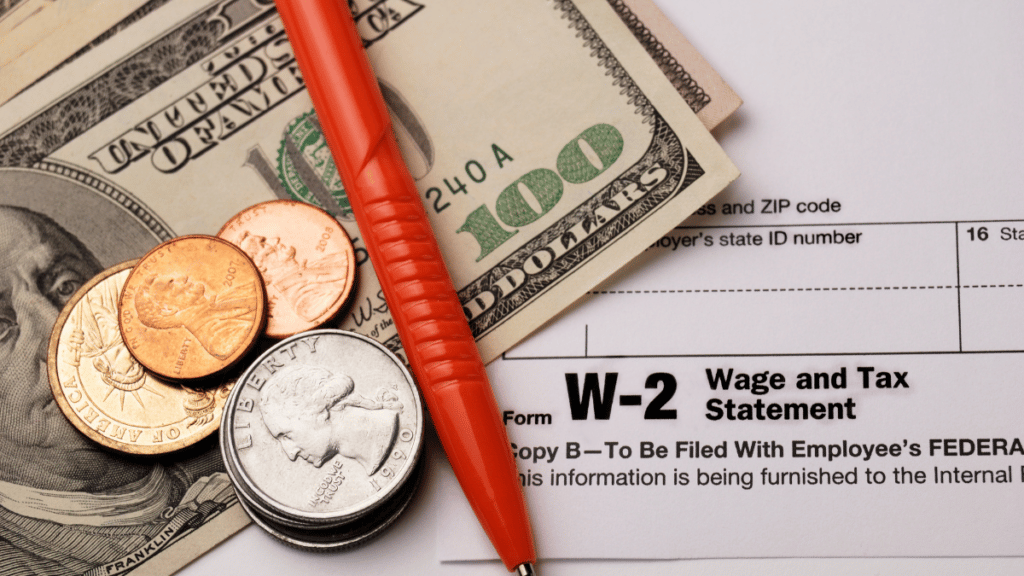Thinking about leaving your job, switching careers, or even retiring? Getting your money in order first can help you avoid stress and set you up for a smoother transition. Here are nine smart steps to take with your finances before you turn in your notice.
Build Up Your Emergency Fund

Having a safety net makes a huge difference if paychecks stop for a while. Aim for three to six months’ worth of expenses. This gives you peace of mind if finding your next job takes longer than you expect or you need some breathing room during big changes.
💸 Take Back Control of Your Finances in 2025 💸
Get Instant Access to our free mini course
5 DAYS TO A BETTER BUDGET
Tackle Outstanding Debt

Paying off high-interest credit cards or loans means less to worry about later. The fewer bills you have hanging over your head, the easier it is to handle new expenses or surprises. Focus on knocking down the debt that charges the most interest first.
Check Your Health Insurance Options

Once you leave your job, your health coverage will likely change. Look up how long your work insurance lasts and research options for replacing it—whether that’s through a spouse, a new job, COBRA, or a marketplace plan. Don’t wait until the last minute to sort this out.
Review Your Monthly Budget

Go over what you spend each month and see where you can cut back. Drop extras that aren’t needed, and be realistic about how your budget will look with a lower or unpredictable income. Planning ahead reduces the risk of running short later.
Build a Plan for Income

If you’re not retiring for good, have a plan for how you’ll bring in money next. Maybe that’s freelance work, a part-time job, or tapping into your savings. Having a clear path forward will make the change much less stressful.
Make the Most of Employer Benefits

If your job offers retirement matches, stock plans, or wellness perks, use them before you go. Max out matched contributions, check your unused vacation or sick days, and look for other benefits that could put more money in your pocket before your last day.
Check Your Retirement Accounts

Update your contact info, beneficiaries, and investment options. If you have multiple accounts, think about rolling them together for easier management. Make sure you understand your options for withdrawing or moving funds once you’re no longer with your employer.
Plan for Taxes

Quitting your job can affect your taxes, especially if you use savings or get severance pay. Check the rules or talk to a tax expert so you don’t get caught off guard. If you expect to owe more next year, save some money now.
Save for Health and Home Repairs

Without a regular paycheck, an unexpected medical bill or broken water heater hurts more. Pad your savings for these kinds of costs so surprise expenses don’t derail your plans or add extra stress.
Make the Transition as Smooth as Possible

Leaving a job is a big step, but solid financial prep can help you feel secure and ready for whatever comes next. By tackling these money moves before you quit, you’ll give yourself a cushion and more control. It’s all about making changes on your own terms and feeling good about what’s ahead.
10 Lucrative Side Hustles That Will Pay You for Your Passions

Have you ever thought about turning your hobbies into a moneymaker? With the recent popularity of side hustles, countless people are cashing in on their passions and talents without giving up their full-time jobs. There’s a whole world of opportunities out there waiting for you to discover them. Exploring side hustles can be the key to making extra income while doing what you love can be both rewarding and financially fulfilling. 10 Lucrative Side Hustles That Will Pay You for Your Passions



